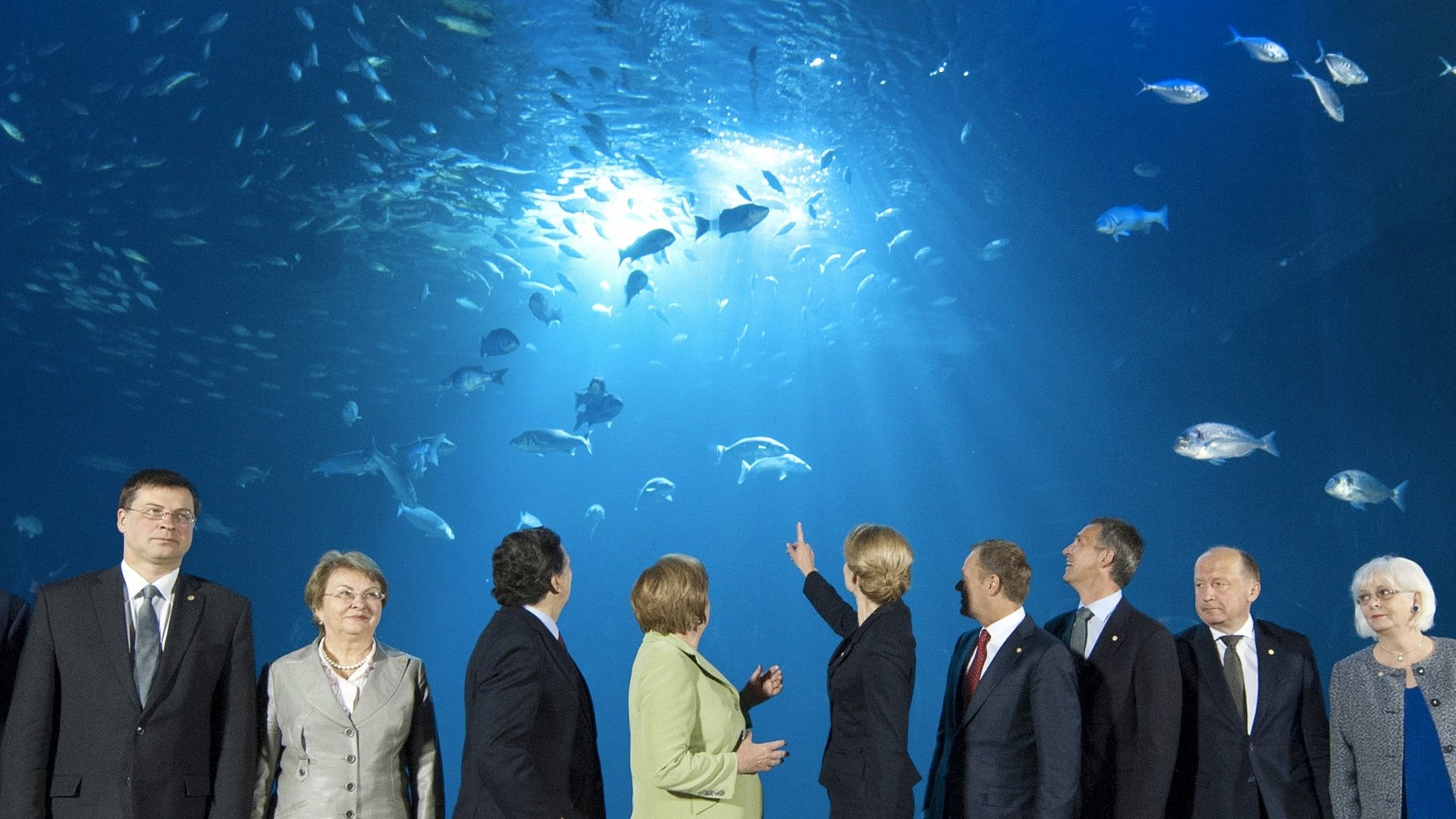Why would any country in its right mind still want to join the euro? Ask the Latvians
You might think it’s a club with dubious benefits and onerous duties nowadays, yet Latvian government officials remain gung-ho to be part of the euro zone. Next month the Baltic country of roughly 2.1 million people will ask the European Commission to start the membership process so that it can be the 18th nation to join the common currency bloc.


You might think it’s a club with dubious benefits and onerous duties nowadays, yet Latvian government officials remain gung-ho to be part of the euro zone. Next month the Baltic country of roughly 2.1 million people will ask the European Commission to start the membership process so that it can be the 18th nation to join the common currency bloc.
Government officials and some business leaders say the move would boost foreign investment, as well as make exporting simpler and less costly. It would also make travel easier. For practical purposes the country is pretty close to being euro-ized already: the lat has been pegged to the euro for seven years, and half of bank deposits and almost all loans are euro-denominated. People on the street are less convinced, amid concerns of rising costs, currency fluctuations, and the overall instability of the euro zone.
This may be changing, however. A survey out today says that euro support has grown in recent months, with more than a half a million residents of Latvia approving the nation’s move from the lat to the euro—an increase of 90,000 people since October. Other surveys, though, have shown that popular support is waning (paywall), especially amid the prolonged euro crisis. Opponents have said they would prefer to wait out the crisis, as well as wait to see how regulations related to banking and monetary union play out. There’s also talk by some euro opponents of holding a referendum to decide.
It wasn’t long ago that Latvia would have been considered an enormous drain on the euro zone’s resources. The country was mired in recession from 2008-2010. These days, though, it’s the fastest growing economy in the European Union and it has cut spending so much that it will repay its loans from the International Monetary Fund and the European Commission earlier than expected.
The country’s prime minister, Valdis Dombrovskis (pictured above left), says the country wants to “be a part of the core of Europe” (paywall), and that it meets the euro zone’s fiscal requirements, with a deficit-to-GDP ratio of less than 3% and debt of less than 60% of GDP, something only three euro zone countries (Estonia, Finland and Luxembourg) can boast. GDP is predicted to grow by 5% in 2012, higher than previously forecast.
Meanwhile, preparations are underway for euro zone entry as early as next year. Money has been budgeted (paywall) for minting euro coins, making IT upgrades, and a public-awareness campaign that promotes the benefits of being part of the club.